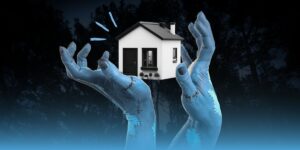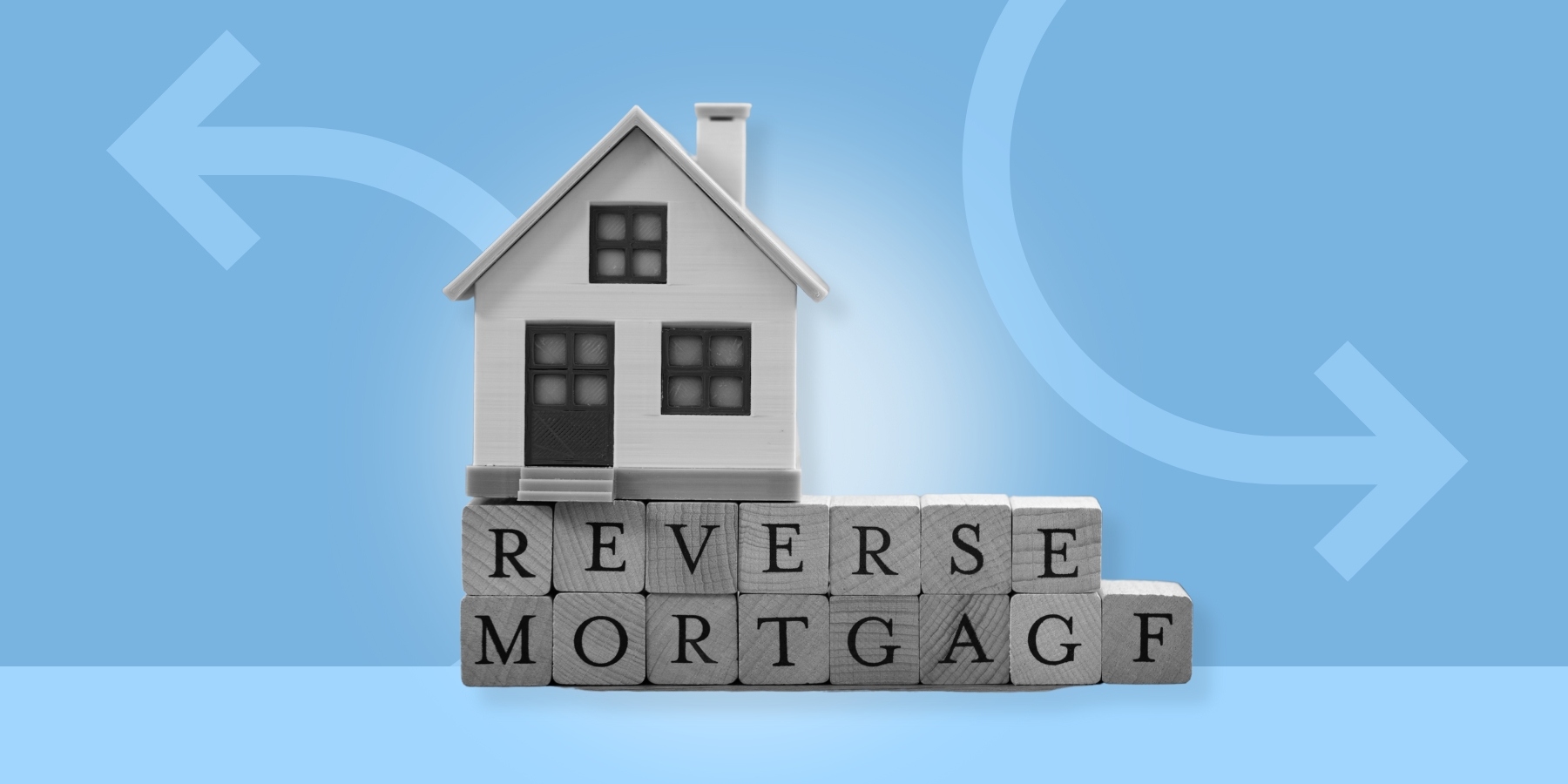What is a zombie mortgage in real estate? Learn about the rising phenomenon of zombie mortgages, discover the characteristics of zombie mortgages, how they arise, and the impact they have on homeowners.

In recent months, the term “zombie mortgage” has been gaining popularity in the real estate industry. But what exactly is a zombie mortgage, and how does it impact homeowners and real estate agents? These “dead” debts, born from the ashes of the Great Recession, have been quietly festering, waiting to pounce on unsuspecting homeowners. With property values increasing once more, these dormant mortgages are springing back to life, threatening to disrupt the lives of homeowners who thought they had finally escaped the nightmare.
Join us as we explore the phenomenon of zombie mortgages with Paul Sardon, our Title Attorney at Xcellence. We’ll delve into the concept of zombie mortgages, their characteristics, and the impact they have on homeowners. From foreclosure to debt collectors, we’ll cover it all, providing practical advice on how to navigate this complex and potentially treacherous landscape.
What is a Zombie Mortgage?
A zombie mortgage is a second mortgage that was taken out during the peak of the housing market, when property values were sky-high. Homeowners would take out second mortgages to refinance or consolidate debt, but when the market crashed, they stopped making payments.
As Paul Sardon, our Title Attorney at Xcellence, explains, “The second mortgage has a second in line to the first mortgage, and if the first mortgage is paid off, the second mortgage has no incentive to foreclose because they would need to pay off the first mortgage first.”
In essence, a zombie mortgage is considered “dead” or inactive due to lack of payment. However, with the recent surge in property values, these zombie mortgages are now coming back to haunt homeowners. But what makes them so terrifying?
A zombie mortgage is characterized by its “dead” status, which means that the homeowner has stopped making payments on the loan. This can be due to various reasons such as foreclosure, bankruptcy, or simply abandoning the property. The loan becomes inactive, and the lender may sell it to another party or hold onto it until market conditions improve.
However, with property values on the rise again, lenders are once again taking notice. As Kristina Suengas, our Agent Concierge, notes, “Now with the recent increase in property values, a lot of those second mortgages started getting bought up by more aggressive collection agencies now probably for pennies on the dollar.” This means that homeowners who thought they had dodged a bullet are now facing a whole new set of problems.
Watch our latest video on Title Tuesday – Zombie Mortgages! In this informative video, we’ll be exploring the phenomenon of zombie mortgages and what they mean for homeowners and real estate professionals.
The Rise of Zombie Mortgages
The Great Recession and subsequent housing market downturn led to an increase in zombie mortgages. Many homeowners took out second mortgages during the peak market to refinance or consolidate debt, but then defaulted when values plummeted. Some lenders sold these mortgages to debt collectors or investors, who are now seeking payment. Paul explains further: “Florida has a five-year statute of debt collection, but it doesn’t mean if you haven’t paid them in five years you don’t have to pay them anymore. It means five years of abandonment.”
There are two common scenarios where zombie mortgages arise:
- You filed for bankruptcy: Many people thought including their second mortgage in their bankruptcy would discharge their debt. Unfortunately, mortgage debt is generally not dischargeable through bankruptcy. The lien still exists, and the lender can foreclose unless you pay off the mortgage or negotiate a restructuring.
- The lender disappeared, and you couldn’t make payments: When the housing market crashed in 2008, many lenders vanished or became insolvent. As a result, property owners struggled to make payments on their second mortgages. Now, debt buyers are buying up these debts at pennies on the dollar and coming after homeowners for payment.
The Impact on Homeowners
For homeowners who thought they had paid off their second mortgage years ago, this can come as a shock. Having a zombie mortgage can be stressful and uncertain for homeowners. They may not even realize they have a zombie mortgage until they receive a notice from a lender or debt collector. If not addressed promptly, zombie mortgages can lead to foreclosure or credit score damage.
Paul notes: “These lenders are not dumb. They will send a notice. They’ll send a letter periodically and clients are like ‘yeah I think every season they can you know if you challenge them on those grounds they’ll produce a proof that hey within an abandoned debt we’re just more getting paid and we have no way enforcing it until now until these values come up like they are now.'”
This means that homeowners need to be vigilant and proactive in addressing their zombie mortgage situation.
Solutions for Homeowners
Zombie mortgages are a growing concern for homeowners across the country. While it’s essential to take action quickly, it’s also crucial to approach the situation with care and caution. By understanding your options and seeking professional guidance, you can take control of your financial situation and avoid falling prey to these aggressive collection agencies.
According to Paul, there are several options available to homeowners who find themselves in this predicament. They may be able to work out a settlement with the lender or negotiate a modification of the mortgage. However, in some cases, the best option may be to sell the property and use the proceeds to pay off the second mortgage.
As Paul notes, “These second-position lenders can foreclose even if there’s a first mortgage being paid as agreed.” This means that even if homeowners are paying their primary mortgage on time, they still risk foreclosure if they don’t address their second mortgage.
Paying off the debt in full may seem like an attractive option, but it can be challenging for homeowners who may not have the financial resources to do so. Refinancing or modifying the loan can be a more viable option, but it requires careful consideration and expert advice.
Selling the property to pay off the debt may be a viable option for some homeowners. However, this may not be possible if the property value has decreased significantly since the original loan was taken out. Negotiating with lenders or debt collectors can also be an option. However, this requires careful communication and negotiation skills.
What Can You Do If You’re Haunted by a Zombie Mortgage?
Don’t panic! If you’re in this situation, here are some steps to take:
- Contact customer service departments: Reach out to title or escrow companies, which have resources on failed mortgage companies that might help you locate who to pay.
- Create a savings plan: Set aside money each month in a special savings account to build up your negotiating power.
- Consult with a real estate attorney: Don’t tackle this alone! A lawyer can help you navigate the complex process and protect your rights. At Xcellence, we’re dedicated to providing expert guidance and support for homeowners and real estate agents alike. Contact us today to learn more about our services and how we can help you achieve your real estate goals.
Remember, knowledge is power – stay informed and take control of your financial future!
Ready to take control of your mortgage? At Xcellence, we’re dedicated to providing expert guidance and support to help you navigate any real estate challenges. Whether you’re facing a zombie mortgage or simply looking for advice on refinancing or selling your property, our team is here to help. Reach out to us today and let’s work together to find a solution that meets your needs. Contact us at hello@xcellencemortgage.com or call 305-595-7355 to get started!
Check out our latest article, “Unveiling Mortgage Rates: What Is A Mortgage Rate, & Why Is It Essential for Homebuyers’ Success?”, where we’re lifting the veil on one of the most critical components of homeownership: mortgage rates.

